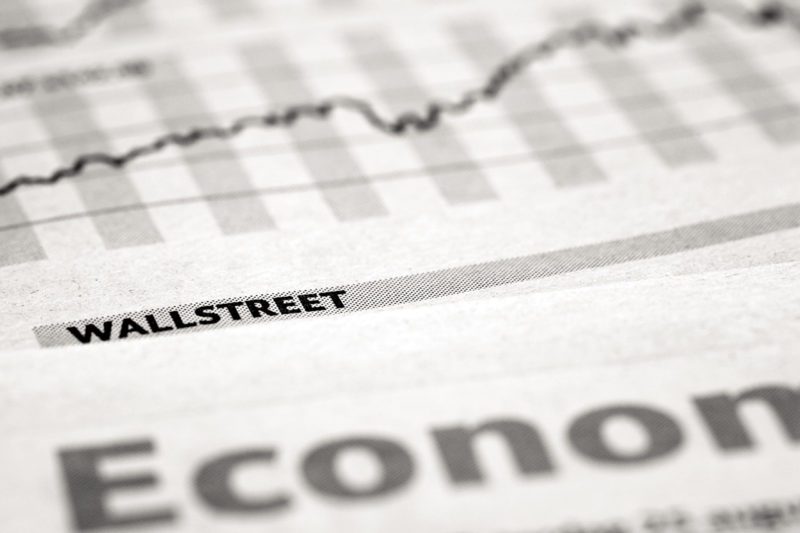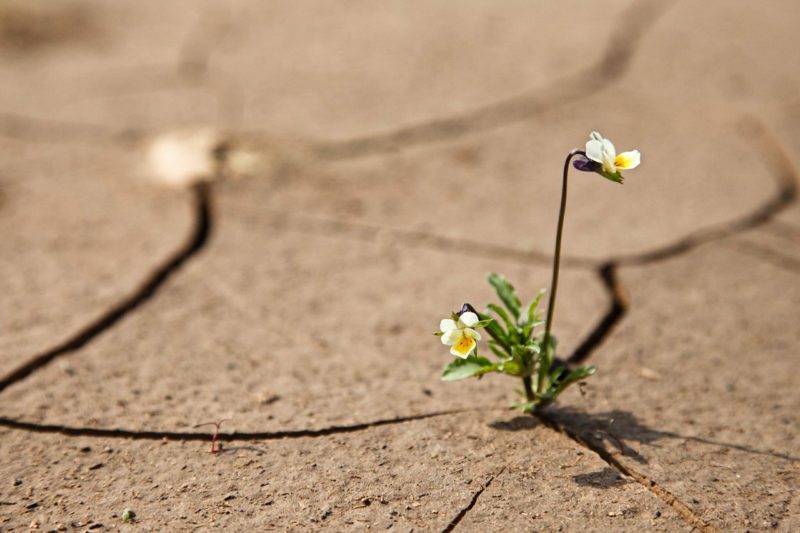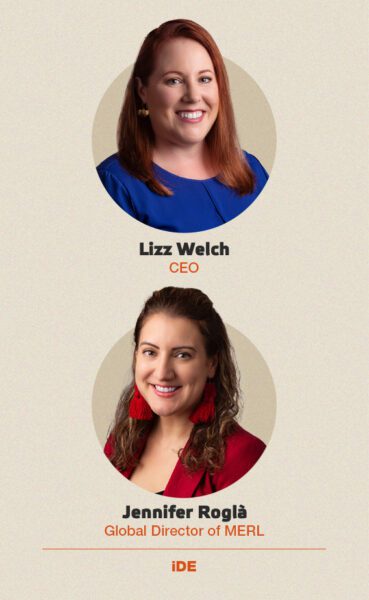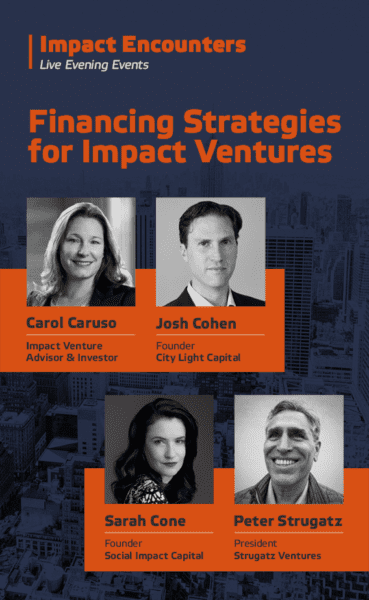Rethinking Copyright in the Age of Generative AI
Striking a balance between incentives and innovation
Re-imagining our economy in service of ecological harmony and equitable well-being

It is no longer possible to deny we have entered a new phase of human civilization, defined by the interconnected social, political, economic, and ecological crises. We call it the polycrisis. Our politics and businesses are ill equipped to deal with the threats and stresses, all accelerating faster than estimated. In fact, the institutional architecture of the global economy was designed in response to the vastly different post-World War II context. Our many responses, from the SDGs to the ESG industrial complex, from circular economy efforts, to impact investing and the impressive B Corp movement, while well meaning, are not working. We are beginning to understand that we are reacting to accelerating symptoms rather than dealing with root causes. We risk losing our ability to cope.
Regenerative Economics is a root cause, holistic response to the polycrisis — grounded in our latest scientific understanding of how all living systems work in the real world, and remarkably aligned with our many wisdom traditions that have stood the test of time.
Regenerative Economics is the application of nature’s laws and patterns of systemic health, self-organization, self-renewal, and regenerative vitality to socioeconomic systems.
Despite the truly remarkable progress of the human project during the twentieth century, the global economic system is built on the flawed foundation of neoclassical economics. Recognizing that both statements can be true at the same time is the beginning of our awakening. The flaw can be traced to its Newtonian roots, born out of a purely reductionist mindset and ignorant assumptions. Properly understood, economics is an application of living systems science. The implications of this seemingly “theoretical” difference are profound, explaining the root cause of the polycrisis.
We are beginning to understand that we are reacting to accelerating symptoms rather than dealing with root causes.
At the core of neoclassical economics is an assumption that exponential economic growth is the source of our prosperity. We have been warned about this ecosystem predicament for decades, most famously with the publication of the report, Limits to Growth, written by four MIT systems scientists in 1972. Highly controversial when written, fifty years later we can see its prescience today.

At the same time, there is a mirror reality unfolding in our human communities. The modern economic system inflicts its extractive and degenerative costs across society as a whole, with symptoms that include insecurity if not impoverishment for a majority, accelerating inequality among those not impoverished, communities gutted, cultural heritages destroyed, health crises of all kinds, and the consequential fraying of democratic institutions.
We are grudgingly awakening to the reality that there are no simple “solutions” to these systemic challenges. However, a way forward is emerging, indeed alternative economic models and ethics have long existed in other cultures. If we accept that our economic system is a living system, the first premise of Regenerative Economics, then the way forward becomes clear.
We must first acknowledge that we are more lost than we realize. The way we have looked at the world, through a reductionist lens, is an illusion. The whole of life is far greater and more complex than the sum of the parts. A holistic understanding of the relational nature of healthy living systems is essential, in order to unlock the genius of life’s endless potential. This is as true for our individual health and potential as it is for our families’, our communities’, our companies’, and yes, for the health and untapped potential of entire economic system.
If we accept that our economic system is a living system, the first premise of Regenerative Economics, then the way forward becomes clear.
From this complex predicament, trapped as we are in a system of exponential growth on a finite planet that is only making us – people and planet – unhealthy and ultimately unviable, the Capital Institute has pioneered a new theory of economics that gives us a place to start. We call it Regenerative Economics. While new to the West, it will resonate with those living in accordance with our many wisdom traditions that have been arrogantly ignored, or worse, for too long.

Einstein once said, “it is theory that determines what we are able to see.” We are lost because in this, the late Modern Age, the economy is the water we swim in. Our economics does not see the world as it actually is, but rather as it wrongly assumes it to be. Thus, we are in need for a new theory, right when we are also desperate to act in order to address the many fires burning, literally and metaphorically. Yet without a more accurate compass, our actions only generate greater problems that compound the polycrisis. It is an unprecedented challenge for humanity.
—
The Capital Institute offers an Introduction to Regenerative Economics online course hosted by the author. This 8-week course aims to diagnose the fundamental flaws and limitations of our current economic system and to introduce the first principles of living systems that become the foundation on which to rebuild our economic system. The course then applies these first principles to business organizations, macro institutions, and finance, and explore how to rise to the higher conscious leadership qualities demanded of each of us.
Related Content
Comments
Deep Dives
RECENT
Editor's Picks
Webinars

Featuring
Lizz Welch & Jennifer Roglà
iDE
May 16 - 12:00 PM EST

Impact Encounters
May 22 - 6:30 PM EST
News & Events
Subscribe to our newsletter to receive updates about new Magazine content and upcoming webinars, deep dives, and events.
Become a Premium Member to access the full library of webinars and deep dives, exclusive membership portal, member directory, message board, and curated live chats.
0 Comments